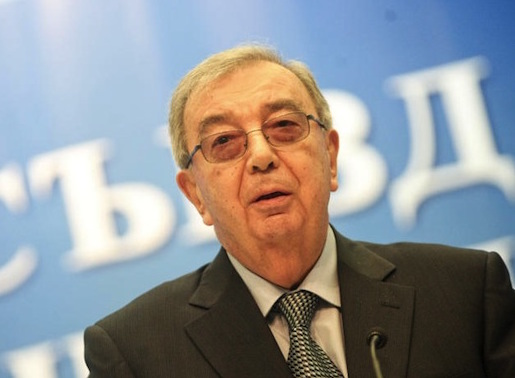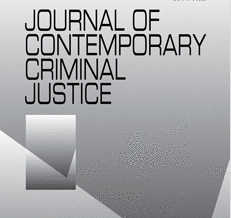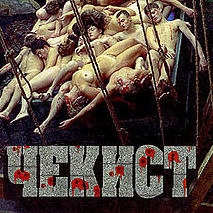Russian spies are alive, well
by J Michael Waller, Insight, March 8, 1999 Sleepers, cadre illegals, recruits, emigre agents — by whatever name they are spies and the Russian intelligence establishment has such spooks in place in the United States. Along a rural Virginia road, a Hartsdale, N.Y., photographer no sooner stops his car and tosses something into the leaves than … Read more



